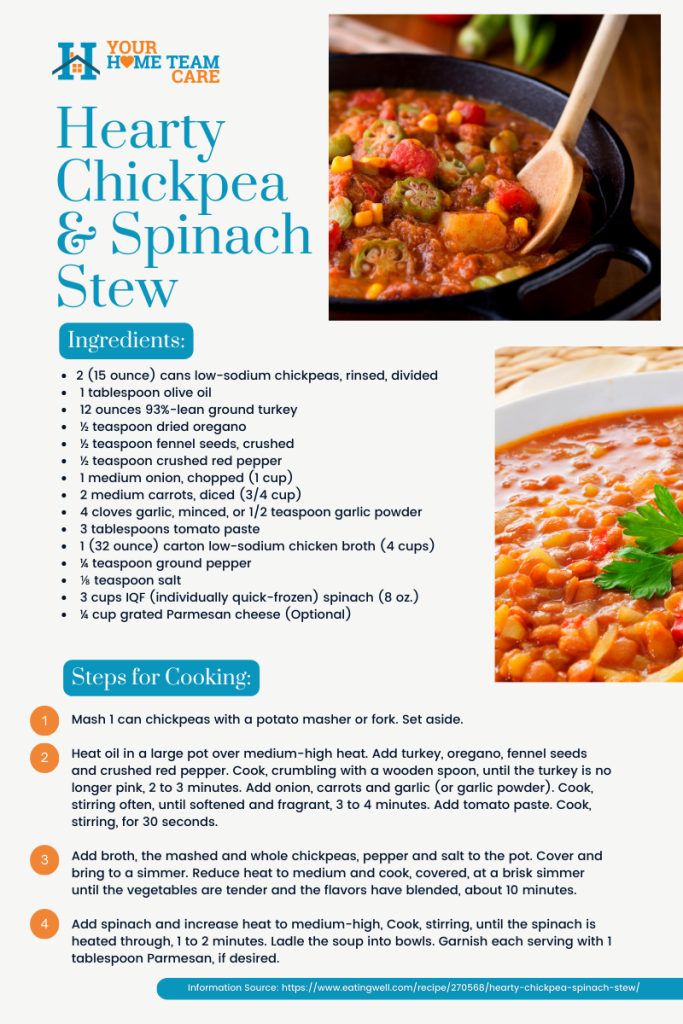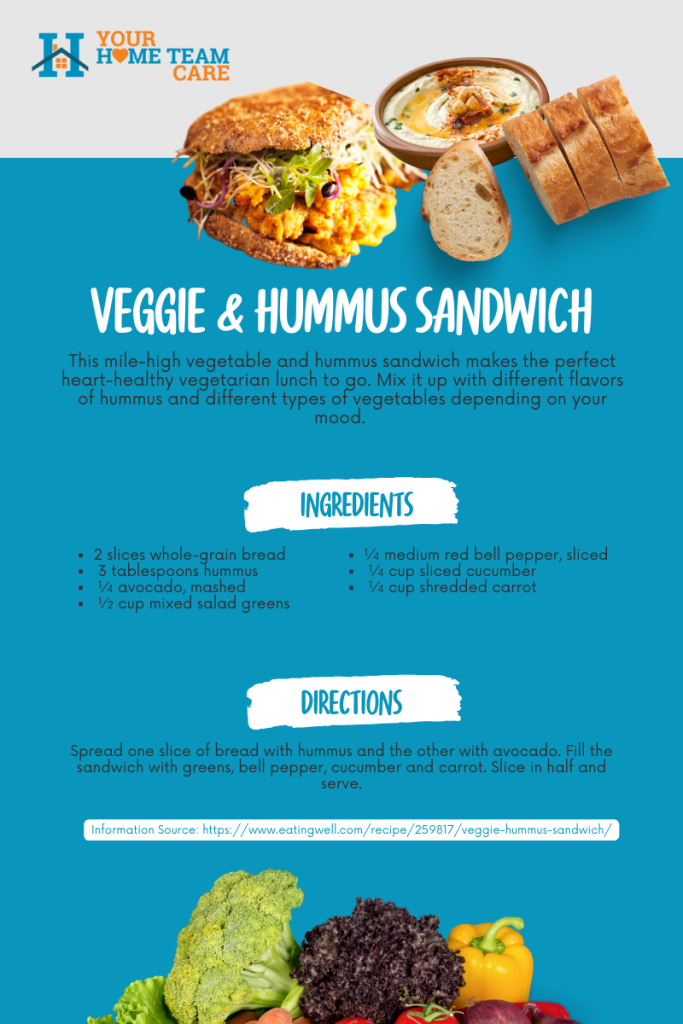In this post we’re sharing a few nutrition tips for seniors to prevent health problems. Healthy aging involves taking proper care of our mental, physical and emotional well-being.
The food we eat play an important role in the level of health we acquire in our senior years. Maybe you’ve heard of this old Chinese proverb, ““He who takes medicine and neglects to diet, wastes the skill of his doctors.”
That old proverb speaks volumes because your diet directly impacts the state of your overall health. Most health problems can be prevented if we eat the right foods for our bodies. However, the truth remains that many people wait until they are sick or have developed a serious health problem to start making better eating choices.
As the age old saying goes “Prevention is better than cure”. If you’ve been eating healthy, as well as watching your diet from your 20’s, 30’s or even forties, by the time you reach your seventies, you’ll be in much better health than your peers. With that being said, it is never too late to start.

Let’s take a look at a list of 10 common problems seniors usually face. There are steps you can take to prevent the following health problems. What matters is that you proactively start taking action, instead of burying your head in the sand and thinking it will not happen to you.
Health Problem #1 – Fatty Liver
This is the result of a diet high in processed foods and saturated fat. The best way to prevent it is to consume more vegetables and fruit. Avoid alcohol and high GI-foods.
Health Problem #2 – Prostate Cancer
One of the most common forms of cancer in men. Consuming garlic oil that comes in capsule form can help because it’s an antioxidant and antiviral in nature. It would be a good idea to eat oily fish such as salmon, tuna, etc. that are rich in omega-3 fatty acids. Alternatively, you could consume a fish oil supplement.
Health Problem #3 – Stress
Stress can arise from loneliness or coping with disease. Foods such as asparagus which is high in folic acid will help to improve your mood. Other foods to consume are: almonds, spinach, fatty fish, blueberries and avocado.

Health Problem #4 – High cholesterol
Once again, this is a result of a poor diet which leads to inflammation and high cholesterol. Switch to a vegetarian diet that’s rich in fiber for about a month or two. You can also boil water, add in a few thin slices of ginger and drink it daily for a month to see positive results.
Health Problem #5 – Diabetes
Avoid foods high in sugar. Minimize your consumption of simple carbohydrates such as white rice, pasta, breads, pastries, etc.
Health Problem #6 – Gut Issues
With age comes a more sluggish gut. Fiber is extremely important in a senior’s diet. Consume dark green leafy vegetables such as kale and spinach to improve digestion and gut health.
Health Problem #7 – Low testosterone
This affects most men. You can remedy this to some extent by eating vegetables such as cauliflower, broccoli and garlic. Cruciferous vegetables contain lots of nutrients that aid in testosterone production.

Health Problems #8 – Osteoporosis
To prevent osteoporosis, the body needs calcium. You can get this from dairy products and green leafy vegetables. Do consume a vitamin D supplement to help the body absorb the calcium better.
Health Problem #9 – Poor Sleep
What you need here is magnesium. You can get it from cashew nuts, green leafy vegetables, seeds, etc. You may notice that green leafy vegetables keep appearing. That’s how powerful they are.
Health Problem #10 – Hypertension
Blood pressure problems are almost always mitigated by reducing your salt intake. As we age, our sense of taste deteriorates. So, you may end up consuming more salt than necessary. Bear this in mind.
Remember it’s never too late to start making better food choices. Follow the tips above so that you can enjoy all the wonderful benefits that come with eating healthy foods. “You are what you eat.”
Be sure to consult with your primary care physician before changing your diet. Your doctor will be able to help you put together a proper diet based on your age, and current health concerns.

